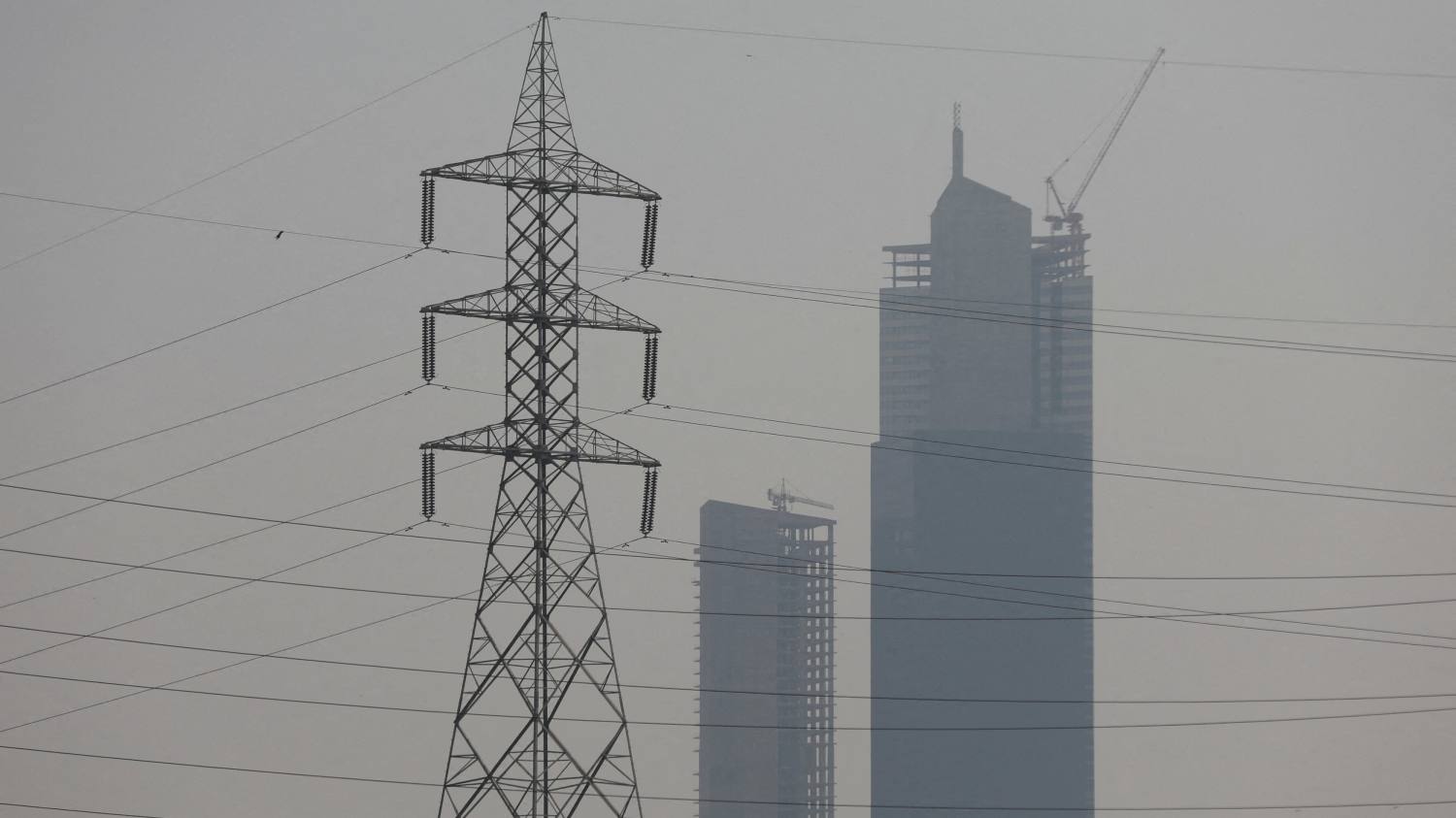"Informed AI News" is an publications aggregation platform, ensuring you only gain the most valuable information, to eliminate information asymmetry and break through the limits of information cocoons. Find out more >>
Pakistan Renegotiates Power Contracts to Save $1.48 Billion and Reduce Tariffs
- summary
- score

Pakistan has terminated power purchase contracts with five private companies, including its largest utility, to save $1.48 billion. The move aims to reduce electricity tariffs amid soaring energy costs.
Power Minister Awais Leghari explained that the government reviewed agreements with independent power producers (IPPs) to determine which plants were necessary. The decision to end take-or-pay agreements—where the government pays for capacity regardless of usage—will save nearly 411 billion rupees over the coming years.
Negotiations are underway with other IPPs to revise contracts, with the goal of lowering consumer tariffs. This effort aligns with Pakistan's discussions with the International Monetary Fund (IMF) for a $7 billion bailout.
Prime Minister Shehbaz Sharif announced that renegotiating contracts with five IPPs would save 60 billion rupees annually. Hub Power Company, Pakistan's biggest private utility, agreed to end a power purchase contract early, in the "greater national interest."
A decade ago, Pakistan approved numerous IPP projects to address chronic shortages. However, economic crises led to reduced consumption and excess capacity, resulting in high fixed costs and capacity payments. These costs were passed on to consumers, sparking protests.
Pakistan is also negotiating with China to restructure power sector debt and implement reforms, though progress has been slow. The government plans to end power sector subsidies.
Insights: The decision to renegotiate power contracts reflects a pragmatic approach to managing economic challenges. By addressing excess capacity and reducing costs, Pakistan aims to stabilize its energy sector and ease the financial burden on consumers. However, the success of these measures depends on effective negotiations and implementation, as well as broader economic recovery.
| Scores | Value | Explanation |
|---|---|---|
| Objectivity | 6 | Comprehensive reporting and in-depth analysis. |
| Social Impact | 5 | Significantly influencing public opinion. |
| Credibility | 5 | Solid evidence from authoritative sources. |
| Potential | 6 | Almost inevitably leading to significant changes. |
| Practicality | 5 | Widely applied in practice with good results. |
| Entertainment Value | 2 | Slightly monotonous but includes a few entertaining elements. |